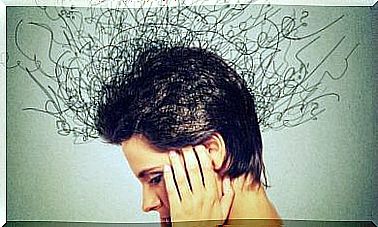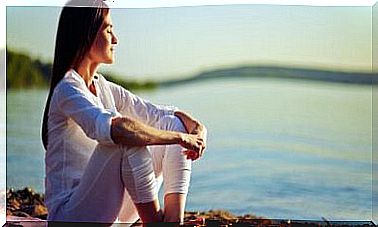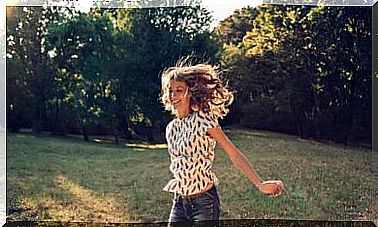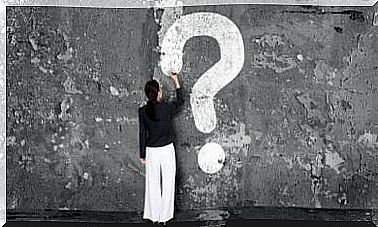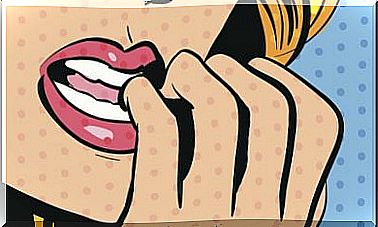The Art Of Being A Coward
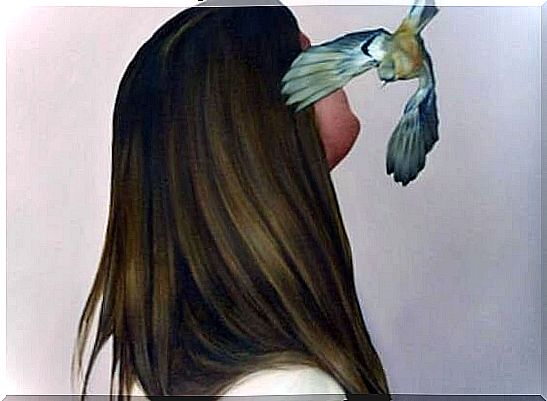
Do you know anyone who could be labeled a coward? What are the reasons why you would describe him this way? Can you justify this belief? At work, in our family or in our group of friends. We all have someone in our neighborhood that we could describe as a coward. Cowardice is one of the essential characteristics of man. Although often reviewed and labeled, we forget that in certain cases it is a strategy for us.
We can all look back and find multiple occasions when we felt doubt. We may wonder what the outcome would have been if we had acted differently in such situations. Perhaps as we analyze these situations, we see that cowardice was at the root of many of these doubts.
Cowardice goes hand in hand with fear and conformism. They are inextricably linked. If there is no fear behind it, it is not cowardice. Maybe just the desire for comfort, but not cowardice. You can be cowardly in several ways: on an emotional level, on a behavioral level, or even on a cognitive level.
What makes someone a coward?
There are several ways to show cowardice. We see the most obvious in behaviour. Besides what we can feel or think, there are times when a situation asks us to act and we don’t. This is a reflection of “no response”, of paralysis, of uncertainty. We can try to form a thousand justifications. This is the best known and most visible form of cowardice. We can easily recognize it in others and even in ourselves. In those moments when we don’t say “I love you”, “Leave me alone”, “No, that’s your job, do it yourself”…

How many times have we ignored unhappy thoughts instead of facing them? We can also be cowardly in our thinking. Perhaps there is an idea, a situation, or even a memory that scares us. And instead of taking the time to process it, we try to tuck it away. Even though we know it’s there, the tightness in our chest. When others want to talk about it, we avoid the subject, change it, or act indifferent.
Finally, there is emotional cowardice. They choose not to feel so that they will not suffer. They see emotions as a problem and their solution is to run away from it. Others may not understand this, but those fleeing fear, sadness, affection, or anger have their reasons. This could be because of past difficult relationships, childhood trauma that makes it difficult to express empathy, or even bad adult experiences that make them afraid of losing control.
Why do we behave like this?
Whether we are cowards or someone we know is a coward, the feeling of cowardice can lead to misunderstanding, disappointment and even anger. Why do we act like this? For both the brave and the cowardly there is the same answer. Much of our prowess has to do with the number and quality of the skills and personal training we have.

Fear is an emotion that everyone shares. But cowardice is an attitude—the stance we take toward that fear. You can still act out of fear, that’s logical and human. The tools we have developed to manage our emotions and respond in a balanced way can help us. We can use strategies to solve problems, generate alternatives, and somehow direct our behavior.
In general, cowardice is an element that we all have to deal with, whether with ourselves or with others. We would do well to rely on empathy and try to understand (but not necessarily support) the motives that lead to cowardice. If there is fear, develop resources to learn, listen to others, think, share your fear and train yourself to overcome them.
At work, in personal relationships, or even in activities that scare you. Fight cowardice. Remember that things are not black or white, all or nothing.
Everything has steps and little by little we can leave behind cowardly thoughts, actions and feelings.

